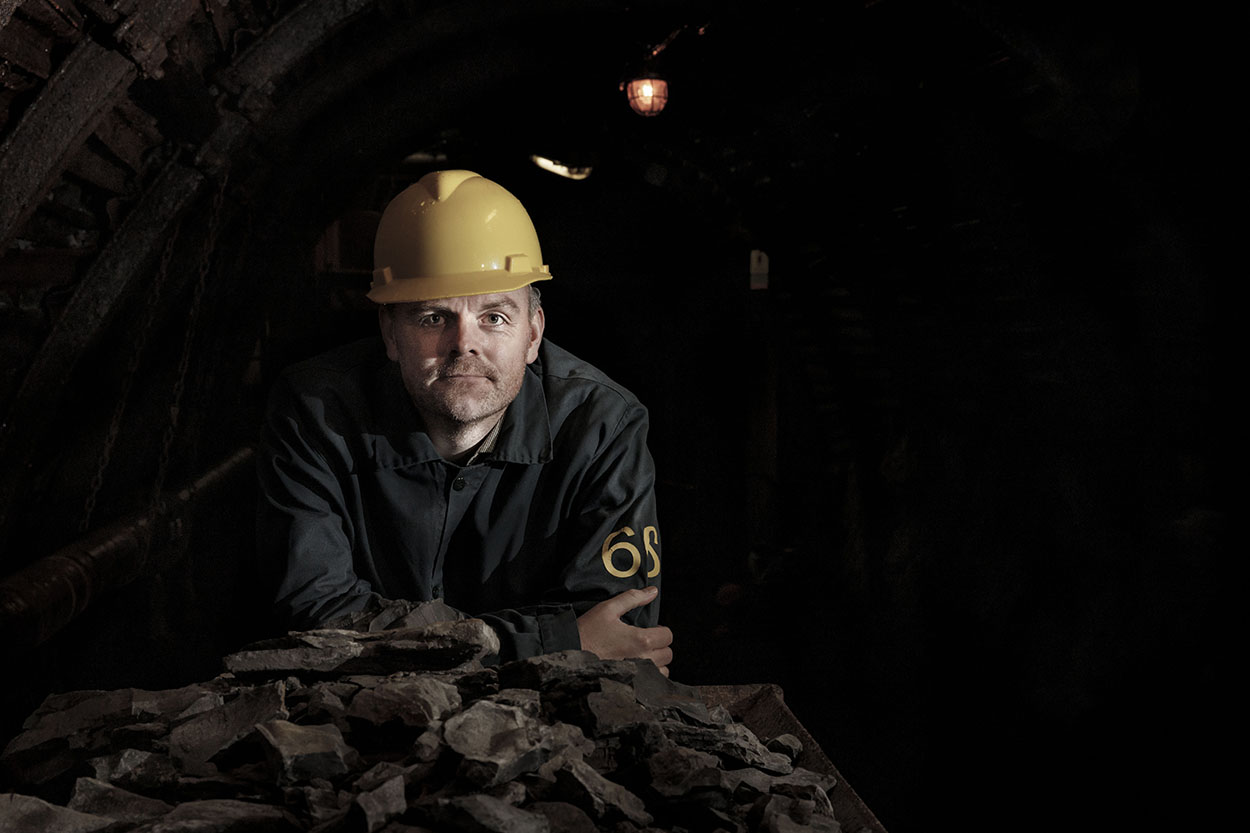Dean Peter Møllgaard on the value of university rankings
Each year, various publications such as the Financial Times and Times Higher Education release university rankings, rating schools on various criteria to indicate which programmes offer the best educational investment. Although there are differing views on what these ratings actually reveal, Peter Møllgaard, SBE’s Dean for the last year, believes they are quite valuable.
‘I think rankings are important,’ Møllgaard stresses. ‘They give us a sign that we are doing things well.’ Maastricht University's School of Business and Economics (SBE), he cites, is home to many programmes that have come out on top in rankings such as those published by Keuzegids. ‘We are very happy with that, because it shows that we offer quality programmes, and that is what is really important,’ he says.
University rankings, he points out, can also reveal where there may be room for improvement, and inform what can be made better and how to achieve that. ‘If we see we are dropping in rankings—or when we get mixed signals—then we can go back and look at how we can improve our education and our research,’ Dean Møllgaard says, ‘so I think rankings really serve as a signal of quality that we take very seriously in terms of adapting our strategy to increase quality.’
Although prospective students choosing a university or a programme may take rankings into consideration, he stresses that they are not the only benefactors. ‘Different rankings have importance for different constituents,’ he says. For example, recruiters and current students also benefit. ‘Rankings provide a way for students and employers to see how we are doing. ‘They are an important signal to employers. It’s important for us to prepare our students for a good career, and you can see that employers actually quite like us and they are very quick to recruit graduates of SBE.’

Graduates already working in the professional realm also stand to gain when their school ranks well. ‘They are also important for alumni,’ Møllgaard says. ‘Alumni want to feel proud of the education that they went through themselves. And they want to see that their diploma is valuable. Often it all comes together when you have graduates who have become the recruiters.’
Given the significance rankings can hold for prospective students, current students, alumni, and hiring professionals, Dean Møllgaard says he takes their input very seriously and encourages everyone to participate—and acknowledges that, in this post-GDPR era, some people may feel more hesitant to share their personal information. ‘This is a challenge,’ he says. ‘It’s a year ago that it took hold, and we’ve been making a lot of progress to achieve compliance. We are quite far along, I can safely say that. We have made the important steps to ensure the safety of people’s personal data.’
As for his own experience one year on as SBE’s dean, Møllgaard ranks it very high. ‘It’s going really well,’ he says. ‘One year is a big milestone to reach. Good things are happening here. We are really moving. We are working on strategy, we’re working on communication, and it’s really quite a lot of fun.’
By: Tracy Brown Hamilton
Lees ook
-
Waarom doen mensen wat ze doen? Om deze complexe vraag te beantwoorden moet Hannes Rusch van alles een beetje zijn: econoom, bioloog, filosoof, wiskundige. Hij kreeg onlangs een ERC Starting Grant van 1,5 miljoen euro om een interdisciplinair theoretisch kader voor de beschrijving van...
-
Aan de keukentafel van Burak Can, universitair hoofddocent Data Analytics and Digitalisation, is het een gezellige drukte. Er wordt in het Turks, Engels en Nederlands gepraat. “Ik praat Turks met mijn kinderen, mijn vrouw Ingrid Nederlands en wij praten onderling Engels met elkaar.” Op het menu...
-
Drie jaar achtereen bezochten Steffen Kühn en zijn collega’s een zeven weken durend schaaktoernooi in Keulen, om het verband tussen luchtvervuiling en cognitieve prestaties vast te stellen. De media doken gretig op de ietwat alarmerende resultaten, maar er waren nog meer gegevens nodig om de...


